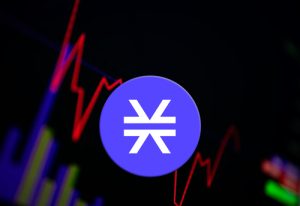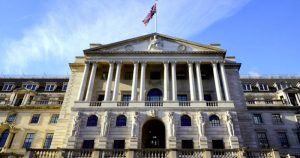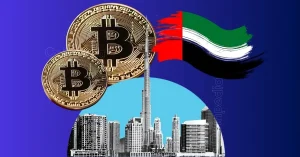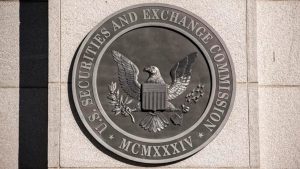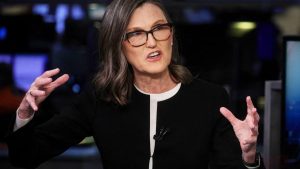Bitcoin is part of Milei’s vision for free currency market in Argentina

Share this article
Argentina’s President Javier Milei has expressed his support for the use of Bitcoin (BTC), alongside other currencies in the country as part of his strategy for free currency competition. Milei said that Argentinians could choose the currency that best suits their needs.
“There will be free currency competition, so if you want to use Bitcoin, there will be no problems. And you can also use other units such as WTI, BTU, and the one that is most appropriate for your business,” said Milei in a recent statement on X.
Milei’s stance on Bitcoin and currency competition was made in response to a tweet from Gabor Gurbacs, VanEck’s former Director of Digital Asset Strategy, who suggested “Bitcoin for all.” The president confirmed his administration’s commitment to allowing a free currency market.
President Javier Milei has strongly advocated blockchain technology and Bitcoin, calling them “the return of money to its original creation, the private sector.”
Many expect Milei’s presidency to open the door for greater acceptance and integration of crypto assets into Argentina’s economy, which has long struggled with high inflation and peso devaluation.
Last month, the National Securities Commission of Argentina (CNV) met with the National Commission of Digital Assets of El Salvador (CNAD) to discuss crypto regulation and use, focusing on El Salvador’s experience of becoming the first country to adopt Bitcoin as its legal tender.
According to CNV President Roberto Silva, Argentina expects to strengthen ties with El Salvador and explore the possibility of signing collaboration agreements to learn from its Bitcoin and crypto expertise.
Argentinians have increasingly embraced Bitcoin and other crypto assets. According to a report from the Bitso crypto exchange, stablecoins like Tether’s USDT and Circle’s USDC have become the most popular crypto purchases in the country.
While Bitcoin is not as popular as stablecoins, it maintains a strong presence in Argentina, with a notable number of freelancers receiving payments in the digital currency.
Share this article






